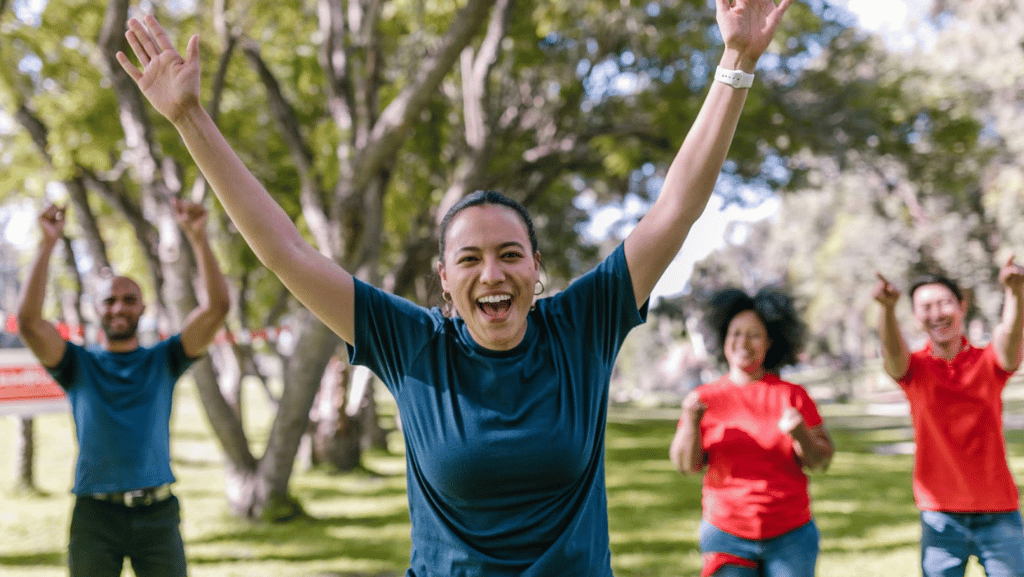Recovering from a serious injury is rarely a straightforward process. It often involves much more than physical healing. Emotional and psychological recovery play critical roles, too. The people who surround someone during this difficult time can profoundly affect how they manage pain, regain independence, and rebuild their lives. From family members to medical professionals, and legal advisors to community groups, the right support network provides more than comfort. It can significantly impact outcomes throughout the healing journey.
The Role of Emotional Support in Healing
Emotional well-being is a cornerstone of recovery. Facing the uncertainty and challenges that come after a serious injury can cause feelings of fear, frustration, and isolation. Loved ones who offer genuine empathy and consistent encouragement help reduce stress levels, which can directly influence the body’s ability to heal. Studies show that patients with strong emotional support tend to have shorter recovery times and better adherence to treatment plans.
Connecting with others who understand the experience, whether through support groups or close friends, gives a sense of belonging and reduces feelings of loneliness. This connection promotes healthier coping strategies, preventing the development of anxiety or depression that can stall physical progress.
How Practical Help Facilitates Daily Recovery
Beyond emotional encouragement, practical assistance forms a vital part of the support system. Simple acts like helping with transportation to appointments, preparing meals, or managing medications lighten the burden on the injured person, allowing them to focus more energy on recovery. Sometimes, routine tasks can become overwhelming, so having reliable help around prevents unnecessary stress.
Caregivers often become essential partners in the healing process, coordinating between various healthcare providers and ensuring that the individual follows prescribed regimens. Their involvement can encourage patients to remain engaged with their recovery goals, avoiding setbacks caused by neglect or misinformation.
Professional Guidance and Rehabilitation Services
Medical professionals, including physical therapists, occupational therapists, and counselors, provide expertise that transforms recovery from a hopeful idea into a measurable process. Rehabilitation programs tailored to specific injuries are designed to restore function, mobility, and independence. These programs require discipline and motivation, and professional support helps individuals push past barriers.
Regular assessments help track progress and adjust treatments to better suit evolving needs. Psychological support from counselors or social workers addresses trauma and emotional hurdles, complementing physical healing. A comprehensive approach combining medical and psychological care increases the chance of a fuller recovery.
Navigating Legal and Financial Challenges During Recovery
The aftermath of a serious injury often involves legal and financial hurdles that add complexity to the healing process. Securing compensation for medical bills, lost wages, or future care needs can be stressful and confusing. Access to proper legal advice helps injured individuals understand their rights and navigate these challenges with confidence. For those coping with a serious injury, finding appropriate legal guidance after a serious injury in Wyoming or your area can relieve some of the overwhelming pressure. Knowing that a skilled attorney is handling claims and paperwork allows patients to focus on their health. Legal professionals can advocate for fair settlements that provide the resources necessary for ongoing care and rehabilitation.
The Influence of Community and Social Networks
Community connections contribute to healing by fostering social interaction and engagement beyond the immediate circle of family and caregivers. Local groups, religious organizations, or hobby clubs offer opportunities to regain a sense of normalcy and purpose. Social activities stimulate mental health and encourage physical movement, which are both beneficial to recovery.
Being part of a community encourages accountability and motivation. It introduces the injured person to diverse perspectives and coping mechanisms, enriching their emotional resilience. Community support tends to fill gaps where family or friends might not be available or able to help continuously.

Technology’s Growing Role in Support Systems
Advances in technology have changed the landscape of recovery support. Telehealth services allow patients to consult with doctors and therapists from home, removing transportation barriers and improving access to care. Online support groups connect people facing similar injuries regardless of location, fostering relationships that might otherwise be impossible.
Apps and wearable devices provide reminders for medication, physical therapy exercises, or hydration, encouraging adherence to recovery plans. Virtual reality and other emerging technologies show promise in pain management and motor skill rehabilitation, offering innovative ways to supplement traditional therapy.
The Importance of Self-Advocacy in Recovery
While external support is crucial, individuals who take an active role in their own healing tend to achieve better outcomes. Self-advocacy means understanding one’s medical condition, asking questions, and participating in treatment decisions. This proactive stance often leads to more personalized care and increased satisfaction with recovery progress.
Learning to set realistic goals and celebrate milestones keeps motivation high. Patients who feel empowered to speak openly with their care team about challenges or changes notice that adjustments are made more quickly. Building confidence through knowledge transforms the healing journey into one of growth rather than mere survival.
Healing is a complex process influenced by many factors beyond the physical injury itself. The right support system weaves together emotional, practical, professional, and legal assistance that empowers individuals throughout their recovery journey. Access to compassionate caregivers, skilled professionals, community networks, and informed self-advocacy turns a challenging experience into one of resilience and renewal.




